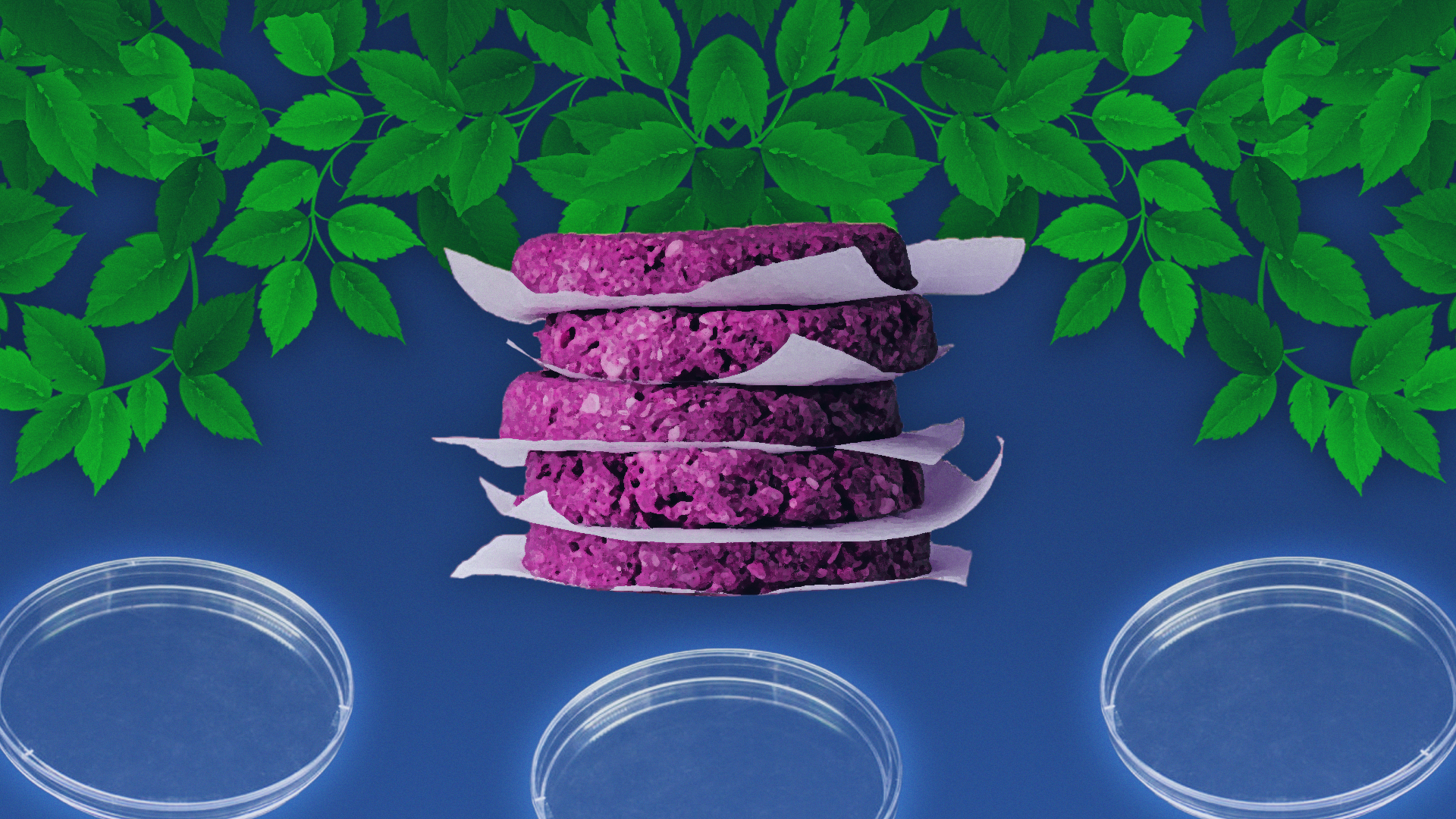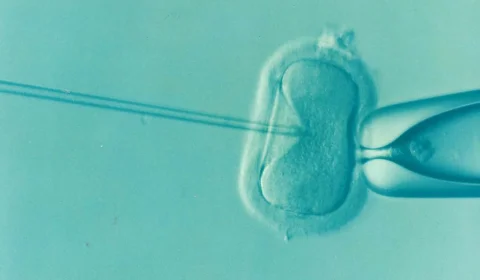Many point to lab cultivated meat as the future of food systems, yet manufacturing has been hindered by large production costs. Biotech start-up Tiamat Sciences aims to change that.
The concept of non-sentient meat is one we can all get behind. Making it a reality, however, is proving difficult.
Granted, it sounds a little outlandish to grow meat within the four walls of a lab, but several biotech outfits hailing from Sillicon Valley have developed patents already.
Labelled also as cultured, cultivated, cell based, and clean meat, these proteins (both red and white) are conjured into existence without the needless death of an animal, or the 6% of global emissions associated with rearing them.
As the wealthy west becomes increasingly occupied with scaling back industrial farming, it goes without saying that cultivated meat – paired with a growing variation of vegetarian and vegan alternatives – could make a huge difference.
Why then has the concept yet to really take off?
The current drawbacks of lab grown meat
Instead of killing livestock, lab grown meat today is created by removing a small number of muscle cells from an anesthetised animal before placing them in bioreactors to multiply.
Once an edible ‘scaffolding’ is created (appetising), the typical nutrients one would get from a regular chicken nugget, steak, or even piece of fish is artificially added along with fat cells, flavouring, and colouring. The food-to-fork process takes anywhere from 2 to 6 weeks.
A study suggests that as many as 175 million quarter-pounder burgers could be made from harvesting cells from a single cow in this manner, yet the process hasn’t progressed beyond the research and development stage.
This is due to the hefty price of actually making bioreactive agents. On average, lab-grown meat costs around $50 per-pound compared to around $4 for regular beef. While that remains the case, obviously buyers aren’t queuing up to accelerate production or fill supermarket shelves.
Aiming to remove this obstacle, a biotech start-up called Tiamat Sciences claims its technologies can drive the price of lab grown meat down by as much as $46. Here’s how.




















